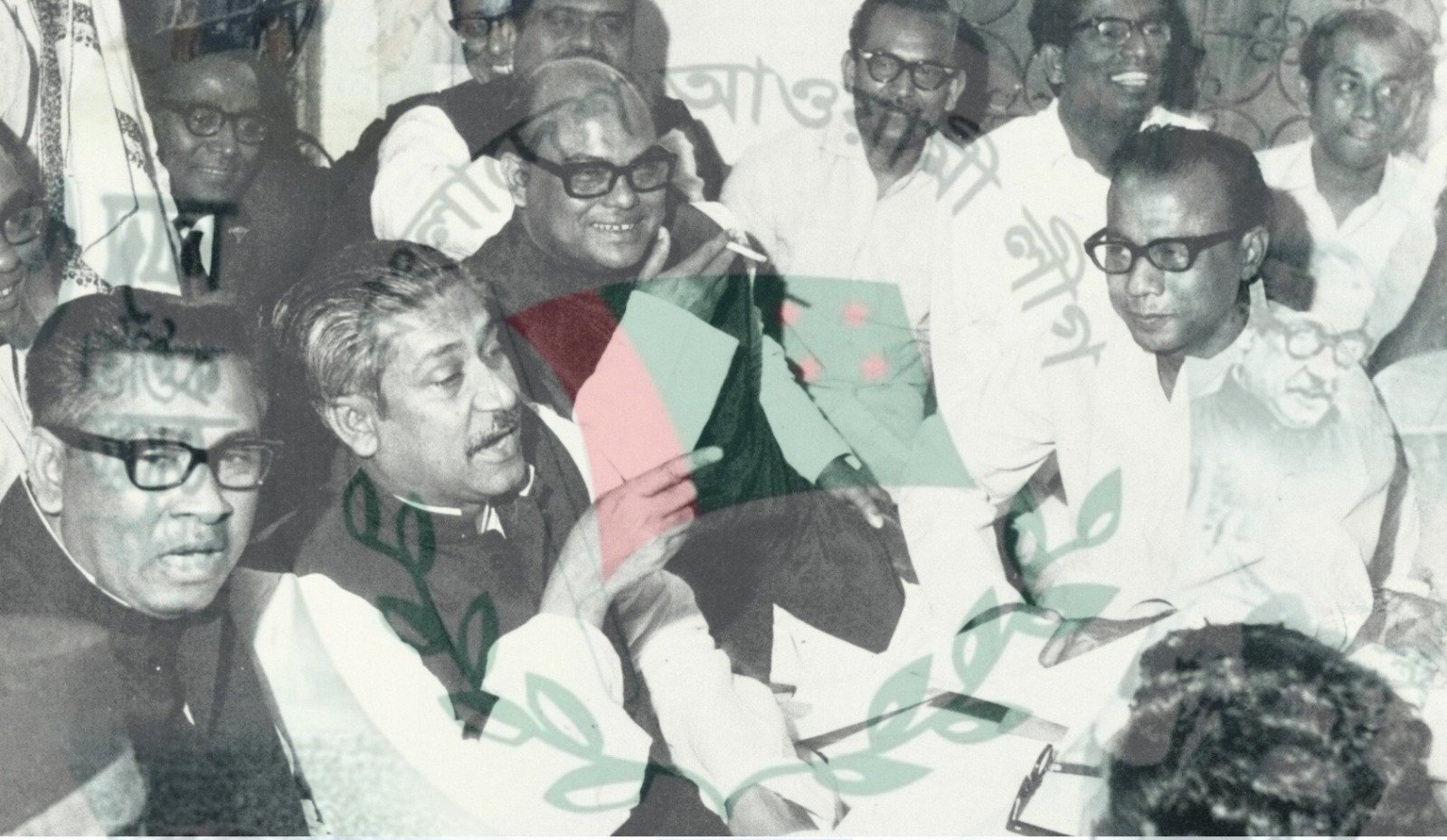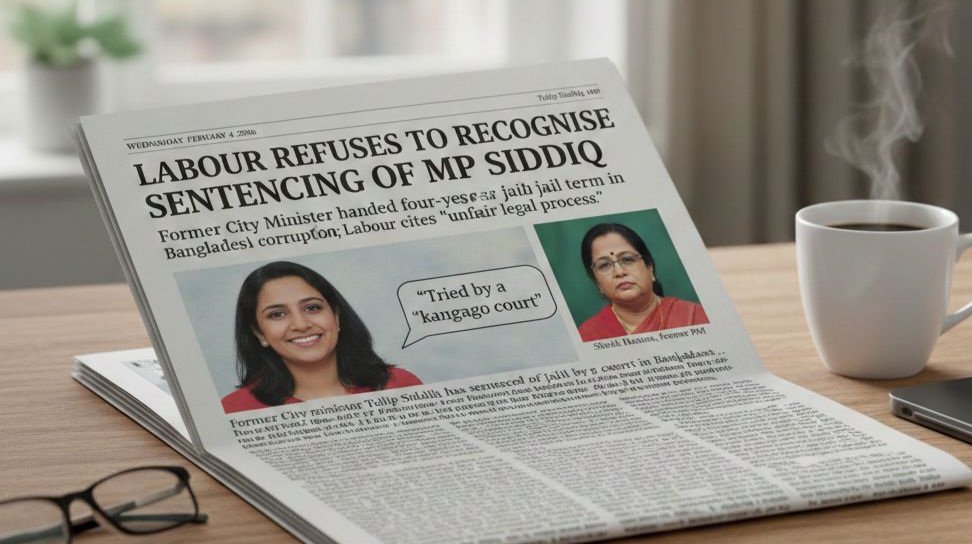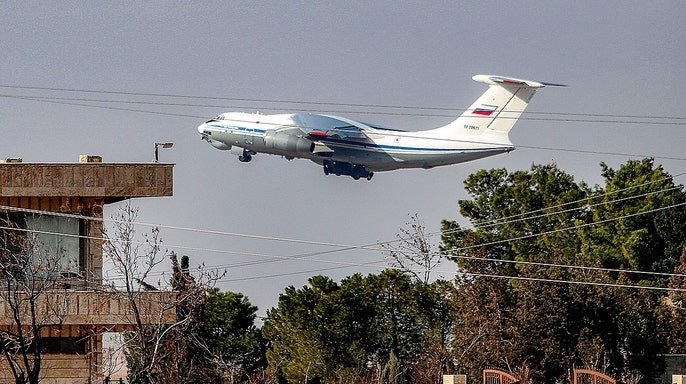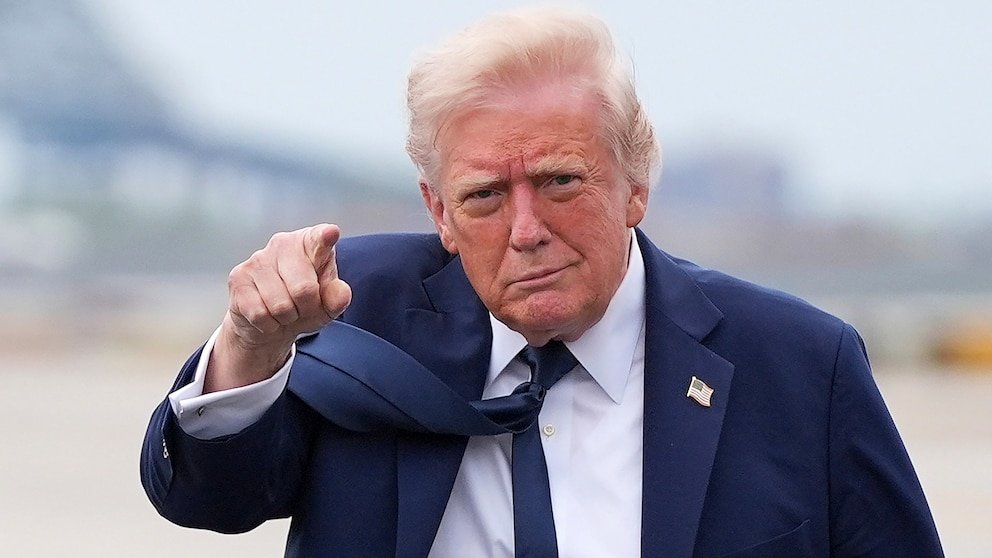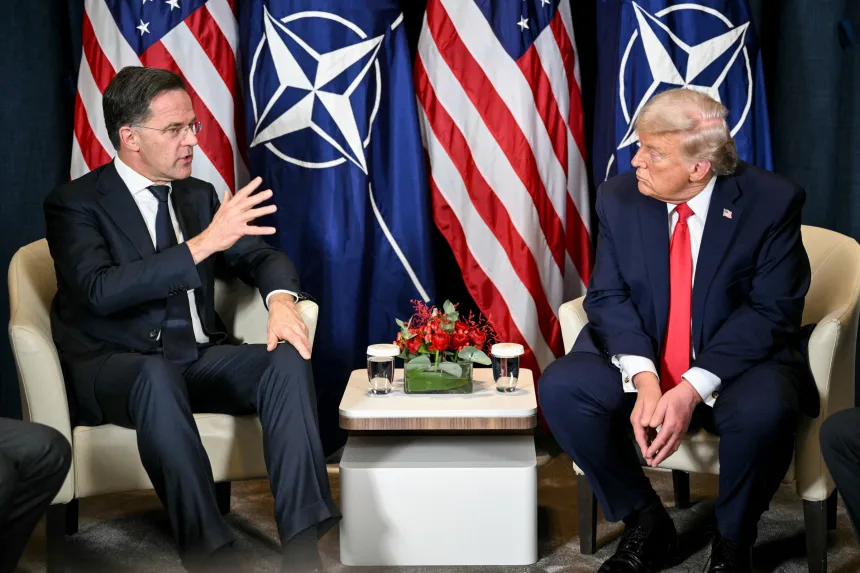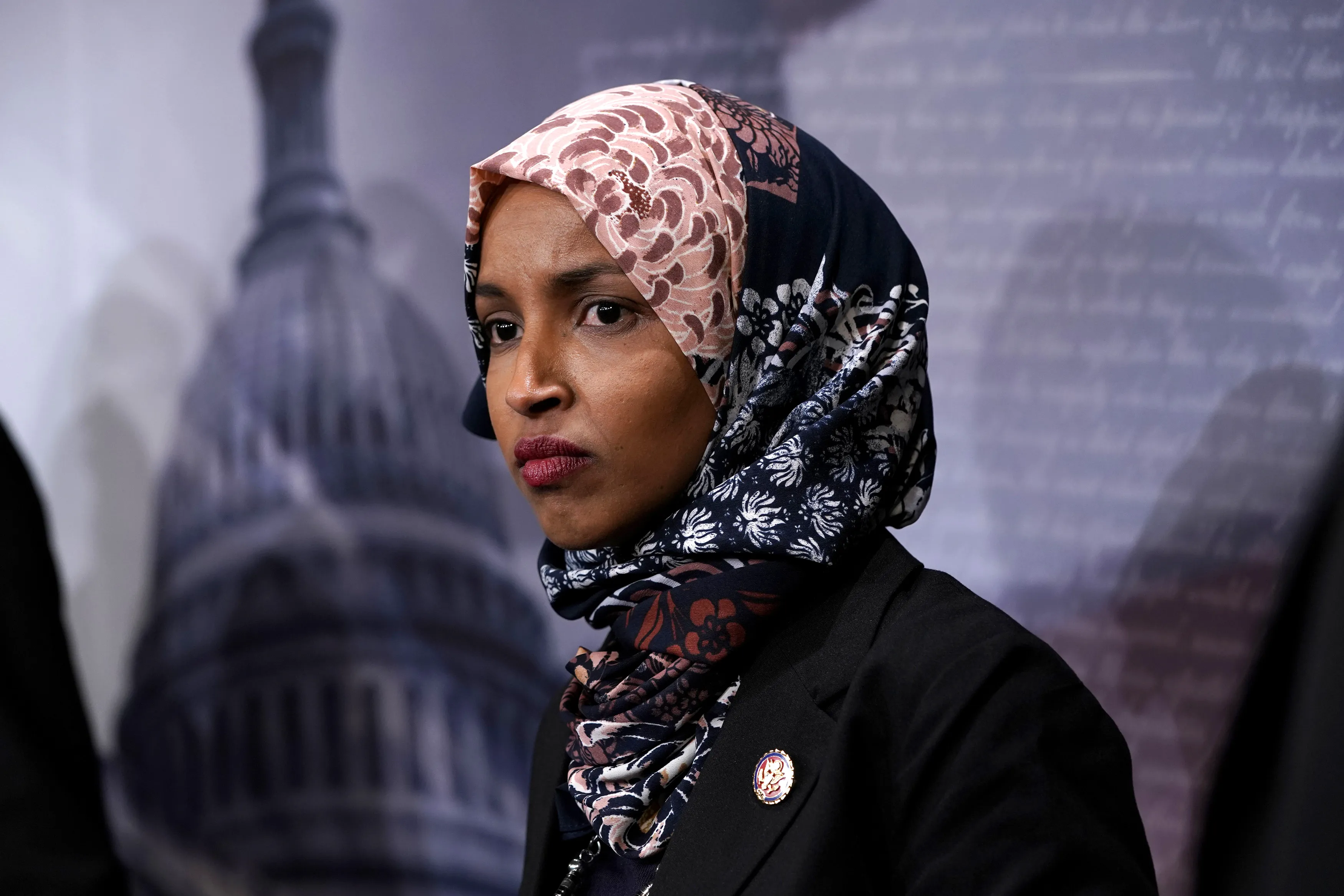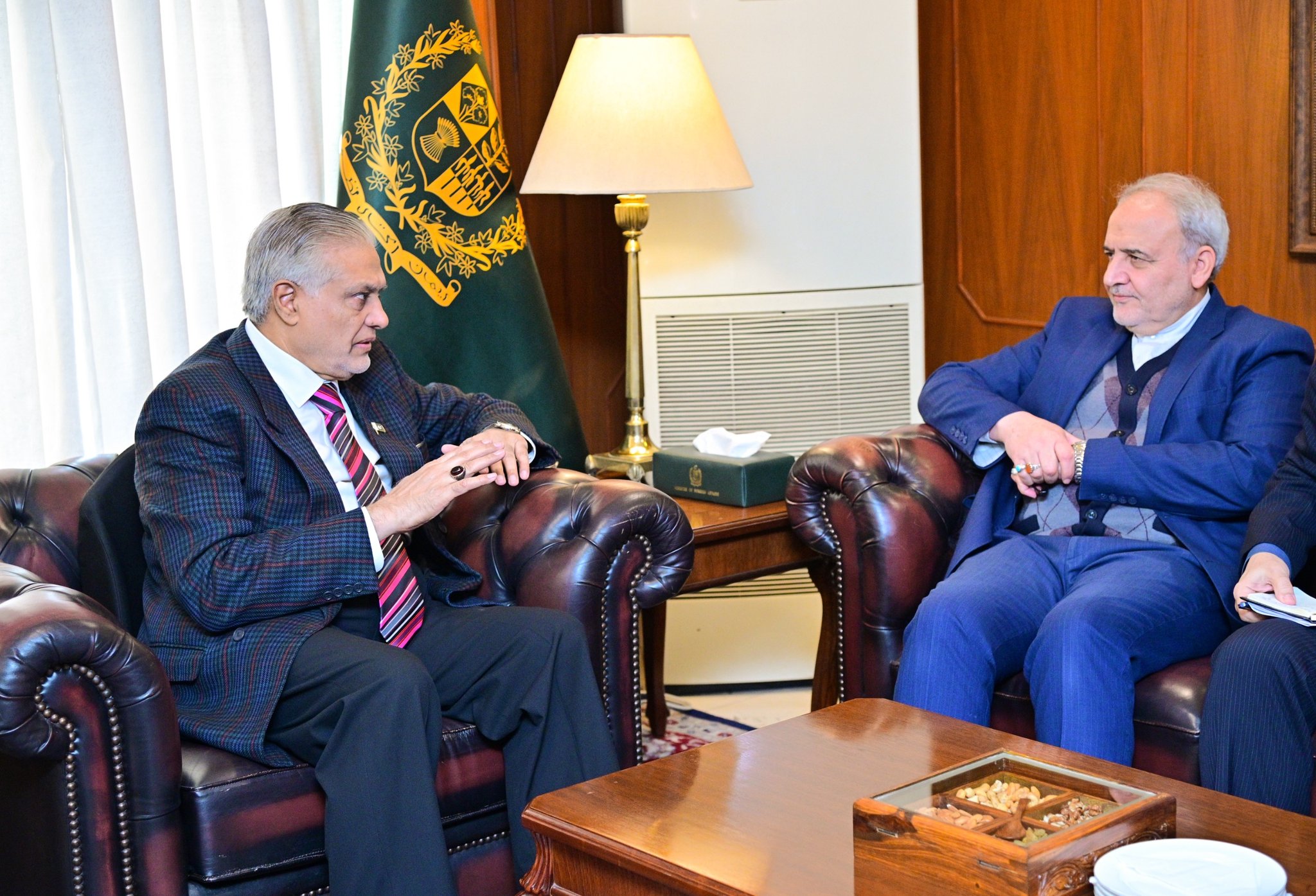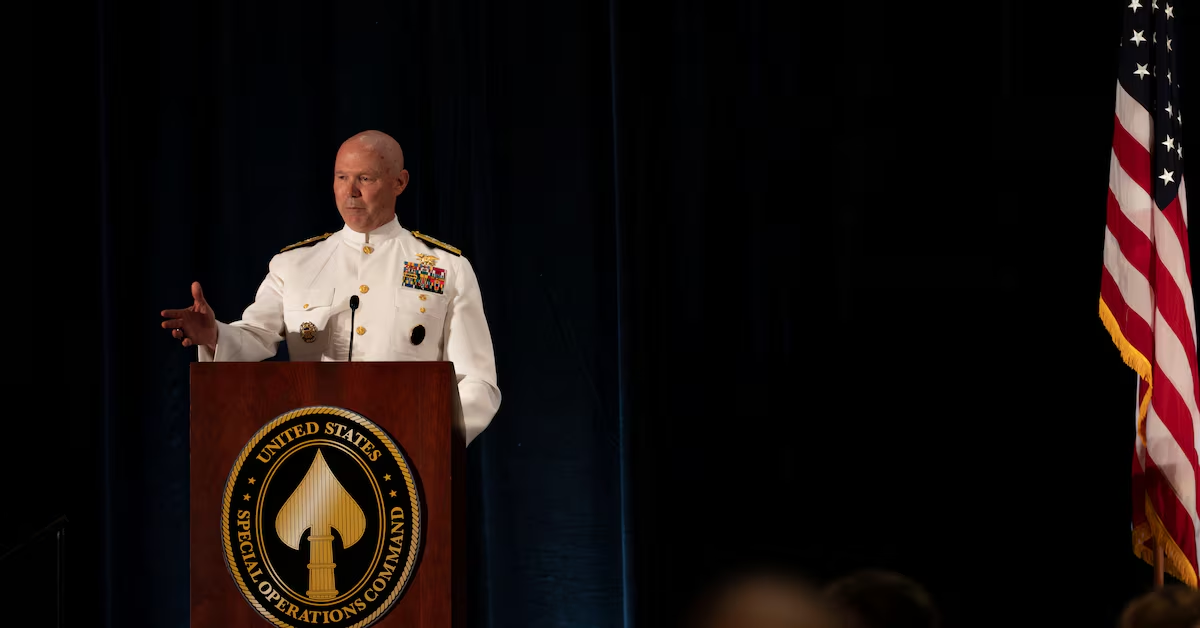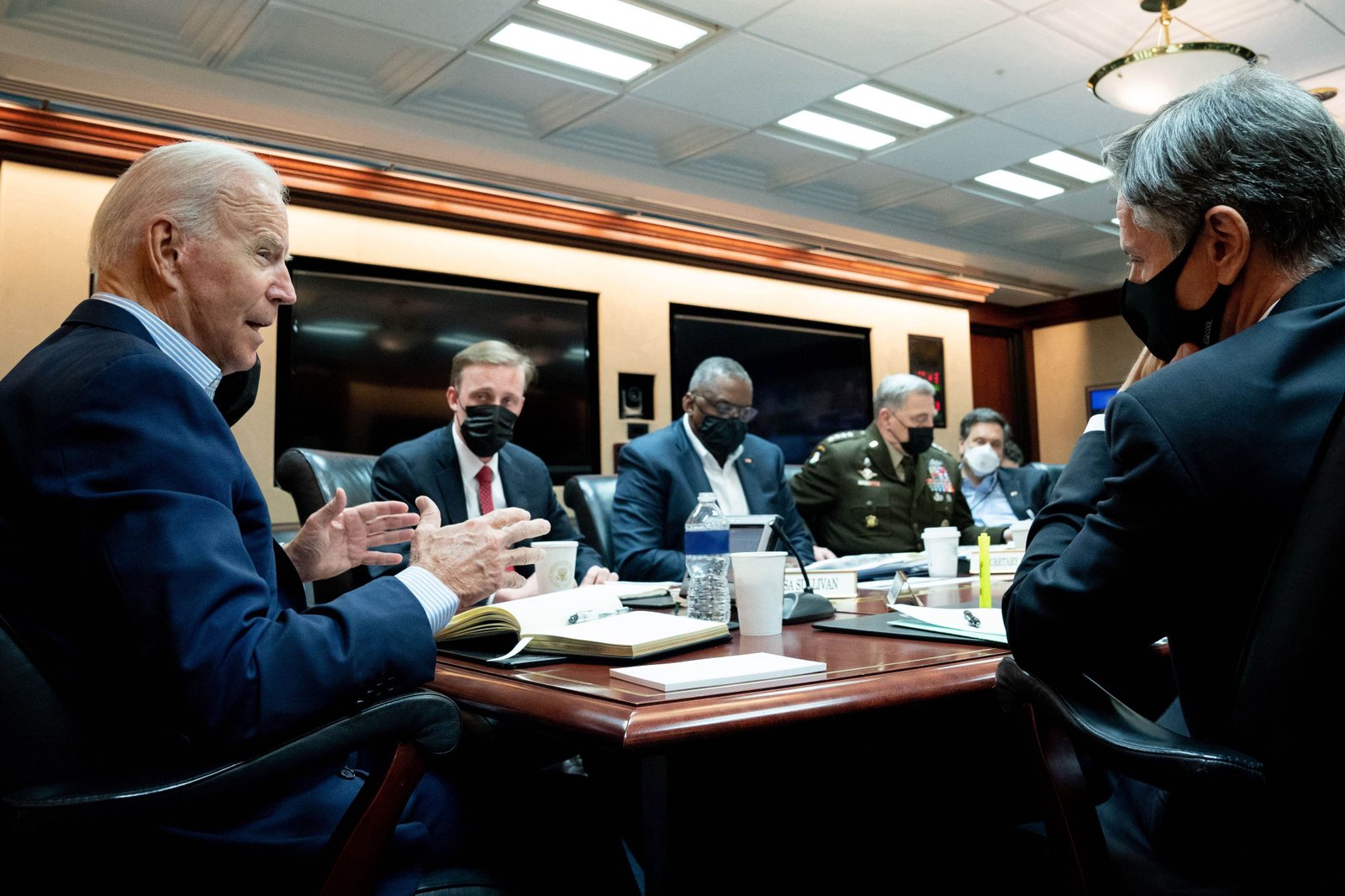Bangladesh’s 76-Year-Old Political Party That Led the 1971 Liberation War, the Awami League, Banned in Dhaka
In a dramatic turn of events in Bangladesh’s political history, the interim government has officially banned the Bangladesh Awami League—the 76-year-old political party that led the country’s independence movement and is one of South Asia’s oldest political organizations.The decision follows the fall of the Awami League government on August 5, after a wave of student-led protests. Nobel Laureate economist Dr. Muhammad Yunus, who heads the current interim administration, announced today (May 10) that the Awami League's political activities are now officially prohibited.
Bangladesh’s 76-Year-Old Political Party That Led the 1971 Liberation War, the Awami League, Banned in Dhaka
Bangladesh’s 76-Year-Old Political Party That Led the 1971 Liberation War, the Awami League, Banned in Dhaka
Dhaka, May 10, 2025:
In a dramatic turn of events in Bangladesh’s political history, the interim government has officially banned the Bangladesh Awami League—the 76-year-old political party that led the country’s independence movement and is one of South Asia’s oldest political organizations.
The decision follows the fall of the Awami League government on August 5, after a wave of student-led protests. Nobel Laureate economist Dr. Muhammad Yunus, who heads the current interim administration, announced today (May 10) that the Awami League's political activities are now officially prohibited.
Historical Background and Repeated Suppression
This is not the first time the Awami League has faced political bans and repression. Founded in 1949 as the East Pakistan Awami Muslim League, the party has repeatedly encountered state crackdowns and military suppression.
In 1958, following the imposition of martial law in Pakistan, the party was banned under Ayub Khan’s PRODO ordinance.
On March 26, 1971, Pakistani President Yahya Khan declared the Awami League a treasonous organization and outlawed it.
After the assassination of the Father of the Nation, Bangabandhu Sheikh Mujibur Rahman, on August 15, 1975, the party became inactive, and its top four leaders were killed in jail.
Throughout the years, under various regimes, the party has repeatedly been targeted by military rule and political conspiracies.
Awami League’s Legacy: A Historical Perspective
From the language movement, Six-Point Movement, and mass uprisings to the 1970 election and leadership in the 1971 Liberation War, the Awami League is deeply woven into the fabric of Bangladesh’s national identity.
The party played a pivotal role in rebuilding war-torn Bangladesh after independence.
Under the leadership of Bangabandhu’s daughter, Sheikh Hasina, since 1981, the party reorganized itself and endured multiple phases of repression:
1982–1990 (Ershad Era): Political parties were initially banned; later, limited political activity was allowed. Sheikh Hasina was placed under house arrest several times.
2001–2006 (BNP–Jamaat Alliance Rule): Violent attacks on Awami League leaders and supporters, repression of minorities, and disruptions to party offices and public gatherings.
2007–2008 (Caretaker Government): Repression continued, Sheikh Hasina was arrested, and political activities were severely restricted.
2025 (Current Interim Government): The Awami League has now been officially banned until all trials at the International Crimes Tribunal are concluded. This includes a ban on all forms of political activities—even online.
Major Achievements of the Awami League
Despite repeated repression, the party is credited with significant national milestones:
Ganges Water Treaty
Chittagong Hill Tracts Peace Accord
"Digital Bangladesh" initiative
Construction of the Padma Bridge
Launch of the Dhaka Metro Rail
Vision for "Smart Bangladesh"
The Political Ban: Implications and Outlook
The Awami League’s name is deeply intertwined with every chapter of Bangladesh’s history. Now, the party once again faces a political ban, throwing its future into uncertainty. However, history shows that the Awami League has often returned stronger after every phase of suppression.
Final Words
A new chapter has begun in Bangladeshi politics. On one hand, a historic political force has been banned. On the other, the people are seeking a new direction for the nation’s future. Only time will tell whether this ban on the Awami League leads to crisis, resolution, or the birth of a new political landscape. ✍️ Report Prepared By: Fozla Rabbi Robna


